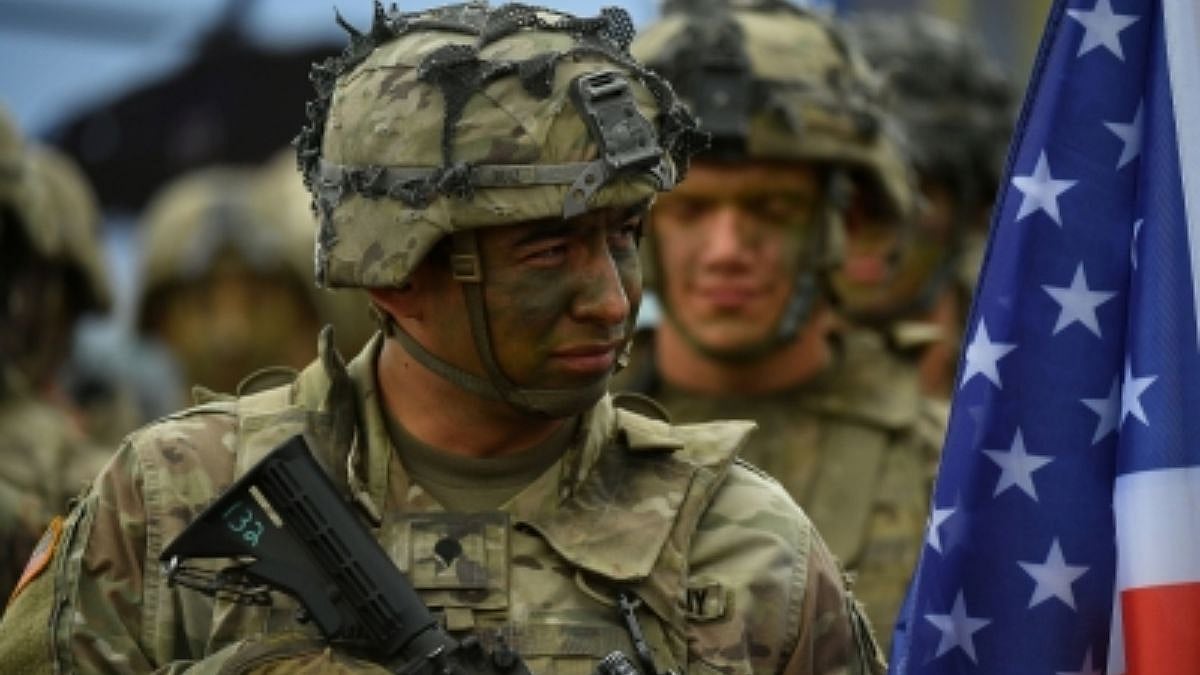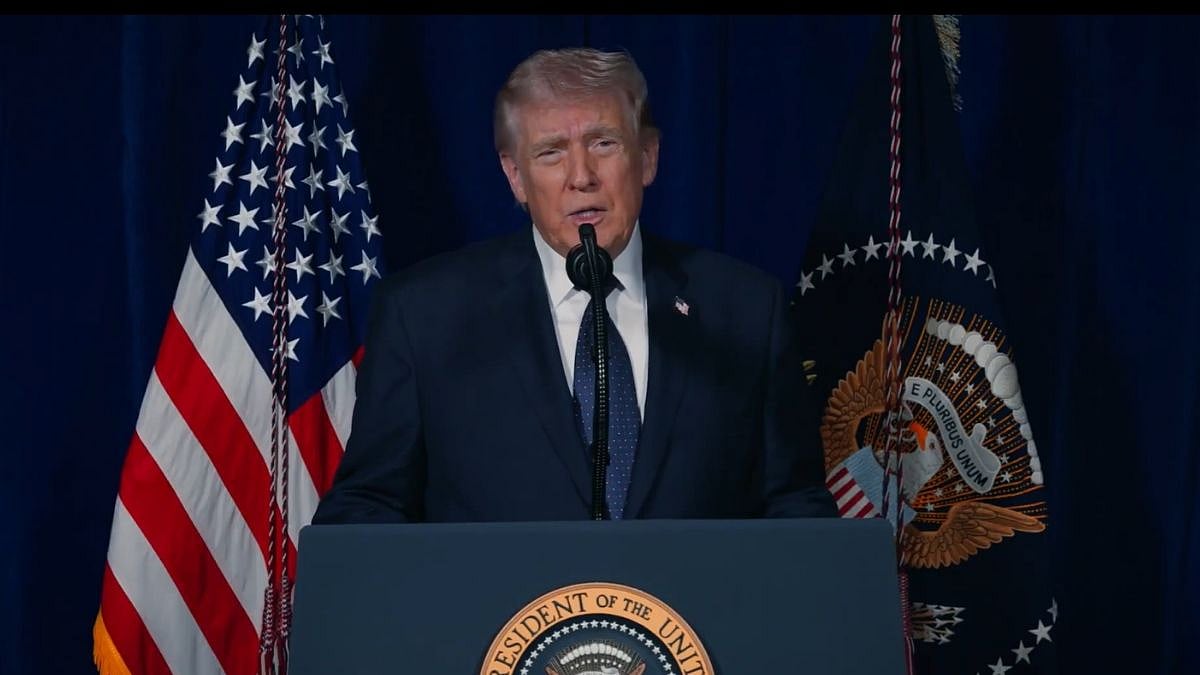Thankfully, the sound and fury over Pakistan’s decision to allow Sikh pilgrims access to Gurdwara Darbar Sahib Kartarpur, in the Narowal district of Pakistan, has died down. Much of the angst in Delhi was because Pakistan’s brand new prime minister Imran Khan had scored a decisive public relations victory over Narendra Modi and India.
After nearly 3,800 Sikh pilgrims visited Kartapur last month, Pakistan has followed up by issuing another 220 visas. This time to Hindu worshippers to participate in the 310th birthday celebrations of Satguru Sant Shadaram Sahib in Sukkur (Pakistan) from December 5-16. The division of the country into India and Pakistan in 1947 resulted in holy sites of Hindus, Sikhs and Muslims difficult to visit. Though there was a bilateral agreement which allowed access to pilgrims, tension between India and Pakistan often led to outright denial of visas, or allowing just a trickle.
A protocol to visit each others religious sites was signed in 1974. In a smart move, Imran Khan is now taking the initiative to work on the agreement and allow people to people contact, as a first step towards what he calls civilised ties between the two South Asian neighbours. If religion can be used to promote good will instead of hate, the effort should be applauded and encouraged. At the same time, it has to be kept in mind that this is a cautious first step and could fizzle out.
It is a smart move by Pakistan to change the narrative. Berated and condemned by the world for sheltering and encouraging terror outfits, Pakistan and terrorism are synonomous. Imran Khan is trying to change the conversation and is reaching out to India. If religious diplomacy helps bring down temperatures between the two nuclear armed neighbours, it cannot be bad. Pakistan is, of course, facing the heat with US president Donald Trump cutting off military aid and publicly berating Pakistan for the mess in Afghanistan. The SAARC summit in Pakistan was called off after the terror attack in Pathankot, and Islamabad is keen to host it. In fact, talk of inviting Narendra Modi to Islamabad to hold the long delayed SAARC was shot down by external affairs minister Sushma Swaraj.
At a news conference with Indian reporters last month, Imran Khan said that he cannot be held responsible for what happened before his time. The idea was to move forward, now. He also made it plain that he was wlling to wait for India’s national elections to be over before any serious bid for peace between the two countries could be made. An important difference between earlier peace attempts by former prime minister Nawaz Sharif and the current move is the backing of the powerful Pakistan army. That could make a difference, though it is too early to assume that it will be sustained. It was, after all, Pakistan’s army chief General Qamar Javed Bajwa, who first spoke of Kartarpur.
When former cricketer Navjot Singh Sidhu returned home after tending the swearing in of Imran Khan, he told everyone willing to listen, that General Bajwa told him about opening the Kartarpur corridor and allowing Sikh pilgrims to attend the 549th birthday celebrations of the founder of Sikhism. But this was drowned by the righteous indignation about Sidhu hugging the army commander. The ultra nationalist television anchors and the right wing troll army had a field day dubbing Sidhu as a traitor and accusing him of literally sleeping with the enemy.
Indian intelligence agencies, long trained to be suspicious of Pakistan, see an ulterior motive behind the Pakistan offer. They are convinced that Pakistan is out to woo India’s Sikh community in an effort to revive the Khalistan demand. This input was certainly sent to the PMO.
India was caught in a bind when Pakistan made the unexpected gesture. Modi’s hands were tied. No way could he refuse the offer without offending the sentiments of Sikhs who had long cherished the wish to pray at the Gurdwara, where Guru Nanak is said to have spent the last days of his life. It is one of the holiest of Sikh shrines. With national elections next year, the government could not afford to reject Imran Khan’s offer. Though foreign minister Sushma Swaraj opted out, pleading prior commitments, Modi sent two Sikh ministers, Hardeep Singh Puri and Harsimrat Kaur to Pakistan.
Peaceniks on both sides of the border are delighted. So is the international community. And why not? Though this is not likely to lead to a breakthrough in India-Pakistan ties, it is a good first step in people to people relations. In the meantime, any move at greater people to people contact between India and Pakistan is welcome. India-Pakistan relations are complex because of the historical baggage both sides carry from the time of the bloody killings during partition. So the first move at peace making is not through dialogue in solving Kashmir, Sir Creek, or any such complicated issue. The idea should be to encourage greater interaction, to break the stereotypes and caricatures built by hate mongers on both sides of the divide.
Seema Guha is a senior journalist with expertise in foreign policy and international affairs.




